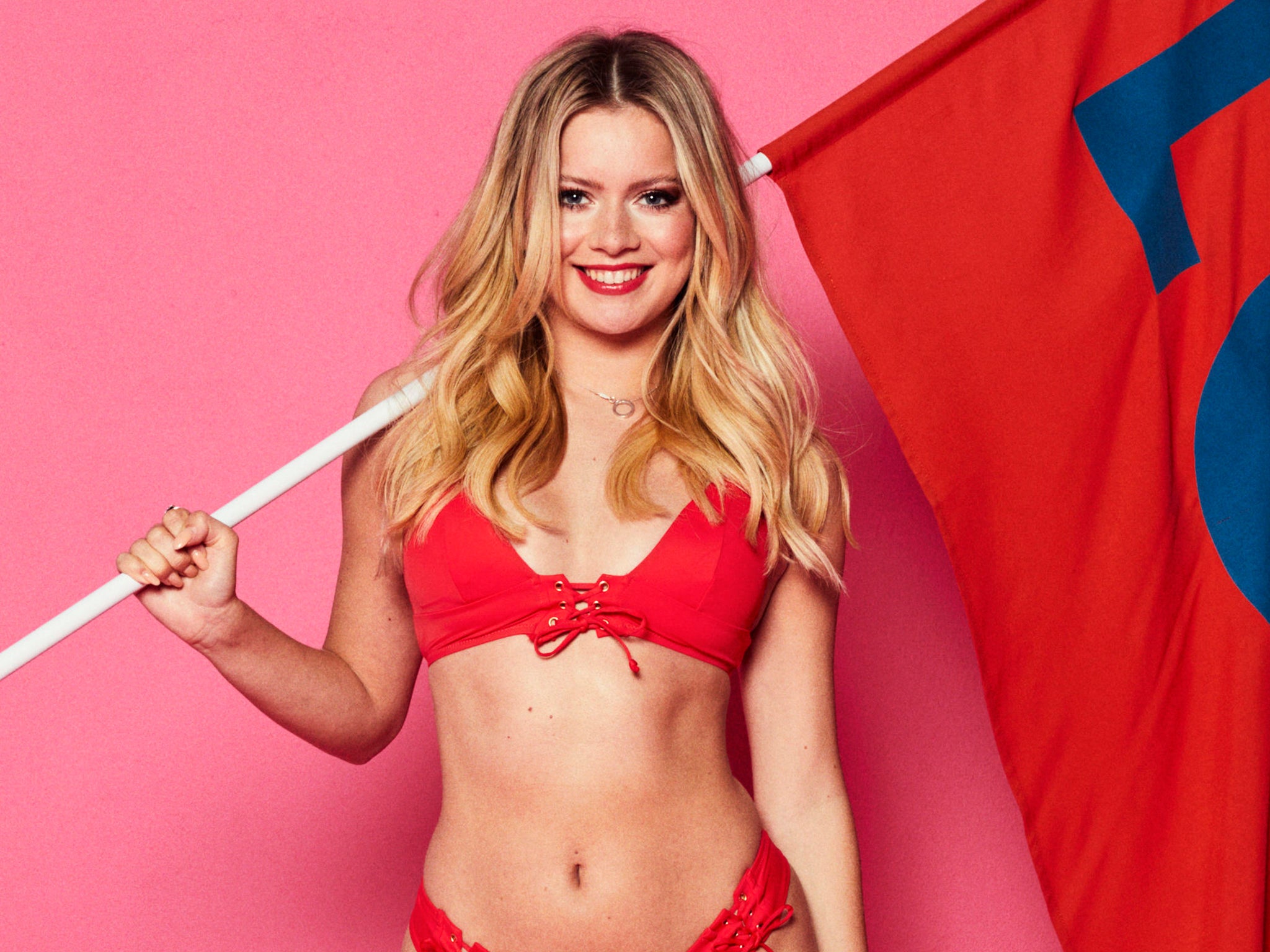Love Island has its first deaf contestant – but has it learnt from past mistakes?
I really hope the producers demonstrate just how normal being deaf is, and actually platform it on the show


There’s this damaging and pervasive myth that deaf and disabled people cannot enter into loving, romantic relationships. If we’re not objectified or fetishised at one end of the scale, then we’re pitied as individuals apparently incapable of finding a partner on the other.
However, when our community’s stories appear on screen, misconceptions are challenged. This will be the case with Love Island casting its first deaf contestant – 23-year-old Tasha Ghouri.
Tasha previously went viral for being an Asos model with a cochlear implant (a device placed in the skull which simulates the sensation of hearing), and over on Instagram, she claims her deafness is “not a disability, it’s a superpower”.
Positive perceptions of deafness and disability are to be celebrated, but while some deaf people don’t consider themselves disabled (it is, in their reasonable opinion, the case that they just can’t hear as well as others), most of the deaf community don’t connect with the view that our deaf identity makes us “inspirational” or grants us a “superpower” like a budget Marvel character.
That’s because we want to be treated the same as everybody else, not to be put up on a pedestal as “superhuman” or – to use an excellent term by the late, great disability activist Stella Young – “inspiration porn”.
In other words, while Love Island might well be making a big deal about casting its first deaf contestant, I really hope the producers demonstrate just how normal being deaf is, and actually platform it on the show.
I say that because the ITV series hasn’t exactly been squeaky clean with representation in the past. Last year, they briefed that Hugo Hammond was the first-ever disabled Islander, seemingly forgetting about autistic contestant Niall Aslam from 2018, who had to leave the show due to stress-induced psychosis.
And in the case of Hugo, he accused the Love Island crew of cutting out scenes where he discussed being born with clubfoot. There’s normalising disability, and then there’s failing to represent it altogether.
Producers could certainly learn a lesson or two from the BBC’s exceptional work with Rose Ayling-Ellis on Strictly Come Dancing, which did well to demonstrate that the EastEnders star didn’t win despite her deafness, but because she was simply the best dancer of the competition.
At the same time, we saw the British Sign Language (BSL) interpreters on-screen ensuring Rose could access all the information she needed from the hosts and the judges, without them ever being acknowledged. There is a way to couple up representation with normalisation – pun most definitely intended.
Granted, it’s been reported that Tasha apparently won’t need an interpreter during her time on Love Island or “additional support”, but I have no doubt we’ll see instances of her coming across challenges every deaf person – myself included – has come across at some point. The conversations which have to be shouted over the top of thumping music at a party because the environment is too noisy, only for us to still struggle to understand what’s being said until the person writes it down, for example. It’s just dependent on whether Love Island decides to show these instances – and I really hope they do.
To keep up to speed with all the latest opinions and comment, sign up to our free weekly Voices Dispatches newsletter by clicking here
If the producers of Love Island really care about the impact of representation for the deaf community, then they’ll look to make sure deaf viewers can access the show with subtitles on ITV2 and the ITV Hub – something which the broadcaster has previously come under fire for failing to do.
If they are casual about representing Tasha’s deafness, then they can demonstrate how her cochlear implant is just one part of the model and dancer’s identity. If the self-proclaimed “party animal” finds love in the villa, then let it serve as a lesson in loving someone not “in spite of” their deafness or disability, but accepting that as part of what makes them an attractive and interesting individual.
With Love Island getting underway next week, others may be keen to find out exactly what it means for Tasha to get “very wild on a night out”. But as the new cast frolic in the Majorca sun, I’m really hoping Tasha will shine a light on what it means to be deaf, and as a result, further break down barriers for our community.
Join our commenting forum
Join thought-provoking conversations, follow other Independent readers and see their replies
Comments
Bookmark popover
Removed from bookmarks